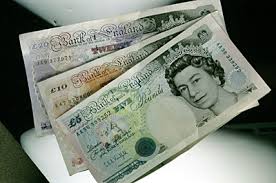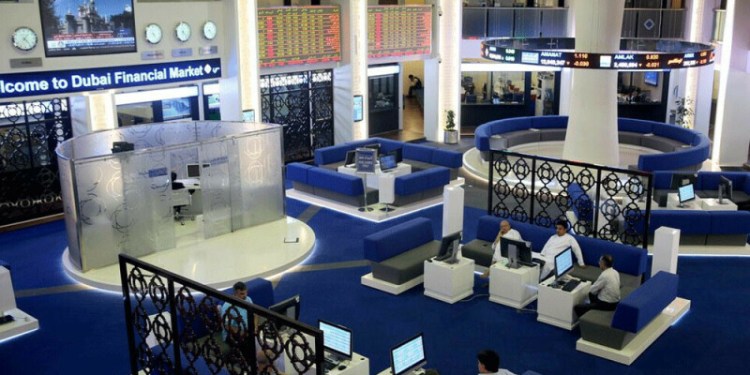Friday, 16 October 2015 21:16
 LONDON: Sterling racked up its third week of gains against the dollar on Friday but was again lower against the euro, a promise from one policymaker that Bank of England interest rates would rise sooner rather than later not enough to drive the pound higher.
LONDON: Sterling racked up its third week of gains against the dollar on Friday but was again lower against the euro, a promise from one policymaker that Bank of England interest rates would rise sooner rather than later not enough to drive the pound higher.
By late afternoon in London, sterling was trading flat on the day against the dollar around $ 1.5440, having climbed as high as $ 1.5464 following BoE official Kristin Forbes’ comments.
“I think the major moves this afternoon were around Friday position squaring,” said Tobias Davis, a corporate currency hedging manager with Western Union in London.
“We spiked higher as the rate curve absorbed the news (from Forbes) but it didn’t exactly light up the screens. Everyone’s eyes are on China GDP on Monday.”
Forbes, who is seen as a likely early advocate for a BoE rate hike, said Britain had limited direct exposure to the problems seen so far in developing nations, even taking into account how they might hit key trading partners such as Germany.
Concerns over growth in China and other major emerging markets have been the chief driver of a repricing of expectations for a first rise in interest rates in both Britain and the United States far into next year.
A poor Chinese growth figure would be likely to encourage such fears and hurt the dollar and sterling further, although it might also spur expectations of another round of policy easing by the European Central Bank – a potential negative for the euro.
By 1525 GMT, the pound was just 0.3 percent weaker at 73.57 pence per euro. Sterling has been boosted against the dollar this week by a planned 69 billion pound takeover of brewer SAB Miller by Anheuser-Busch InBev that is likely to see sterling inflows in the short term.
But in general, it has struggled for direction. On Wednesday, the pound posted its best daily performance in seven months against the dollar after Britain’s unemployment rate hit its lowest since mid-2008.
The labour market data also showed wages growing, albeit at a slightly less robust pace than economists were expecting.
That, however, followed a sharp slump a day earlier after figures showed headline consumer inflation falling back below zero in September.
“Its very difficult to call sterling at the moment,” said a dealer with one international bank in London.




























